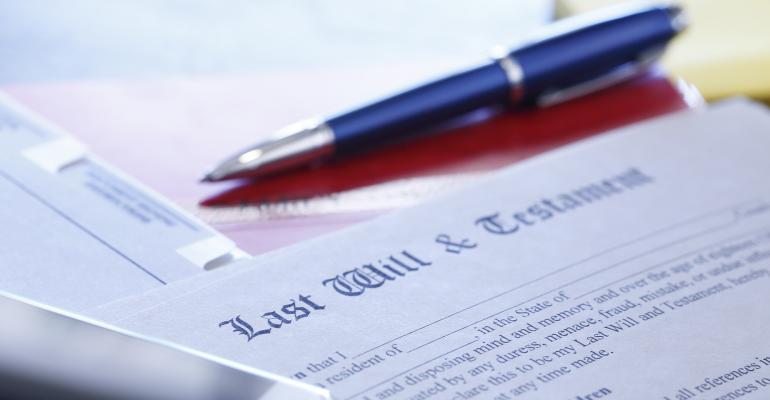Most entrepreneurs put off estate and succession planning, make assumptions about who will take over the business and ignore or misunderstand the tax consequences of death or disability. The result are five common mistakes entrepreneurs make that can hinder the success of their estate and succession plans.
Failing to Plan for Incapacity. Entrepreneurs should have a plan in place in case they become incapacitated and are unable to manage their affairs. A durable power of attorney or a living trust are great options.
Not Updating Estate Planning Documents. Entrepreneurs should review and update their estate planning documents regularly to ensure they reflect their current wishes and circumstances. Failure to do so can result in unintended consequences. Remember that estate plans are living documents that need to be maintained, not just signed and left in a drawer until death.
Relying Solely on a Will. A will is a legal document that outlines how a person's assets will be distributed after their death. However, relying solely on a Will can result in unintended consequences, including:
- Probate: A will must go through probate, which is a court-supervised process of distributing a person's assets after their death. Probate can be time-consuming and expensive, and it can tie up assets for months or even years.
- Lack of Privacy: A will is a public document, which means that anyone can access it and see how a person's assets are being distributed.
- Limited Control: A will provides limited control over how assets are distributed. For example, a Will cannot be used to provide for a disabled child or to protect assets from creditors after your death.
- Tax Implications: Relying solely on a will can result in unintended tax consequences, including estate taxes and income taxes.
Underestimating Assets. Entrepreneurs should be careful not to underestimate the value of their assets, as this can result in a variety of unexpected tax liabilities. Additionally, there is a great deal of tax advantage to be gained by correctly utilizing the "free" basis step up at death for assets left in the estate. low-basis, highly appreciated assets often work best here.
Not Planning for Estate Tax Payments. Entrepreneurs should be aware of the potential estate tax liabilities and plan accordingly to minimize the impact on their heirs. Just because you may be well within the gargantuan federal estate tax exemption, a number of states, including New York, have state estate taxes with far lower exemptions that can still trip up the unwary.
In addition to creating a comprehensive estate and succession plan, entrepreneurs should consider creating a trust in addition to a will. Trusts can provide more flexibility and control over how assets are distributed, as well as minimizing both probate and tax liabilities in the event of death or disability. By addressing these issues now, entrepreneurs can protect their assets, and those of their heirs, as well as ensuring the continued success of their business.
Matthew Erskine is managing partner at Erskine & Erskine.





